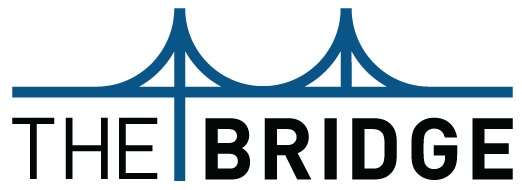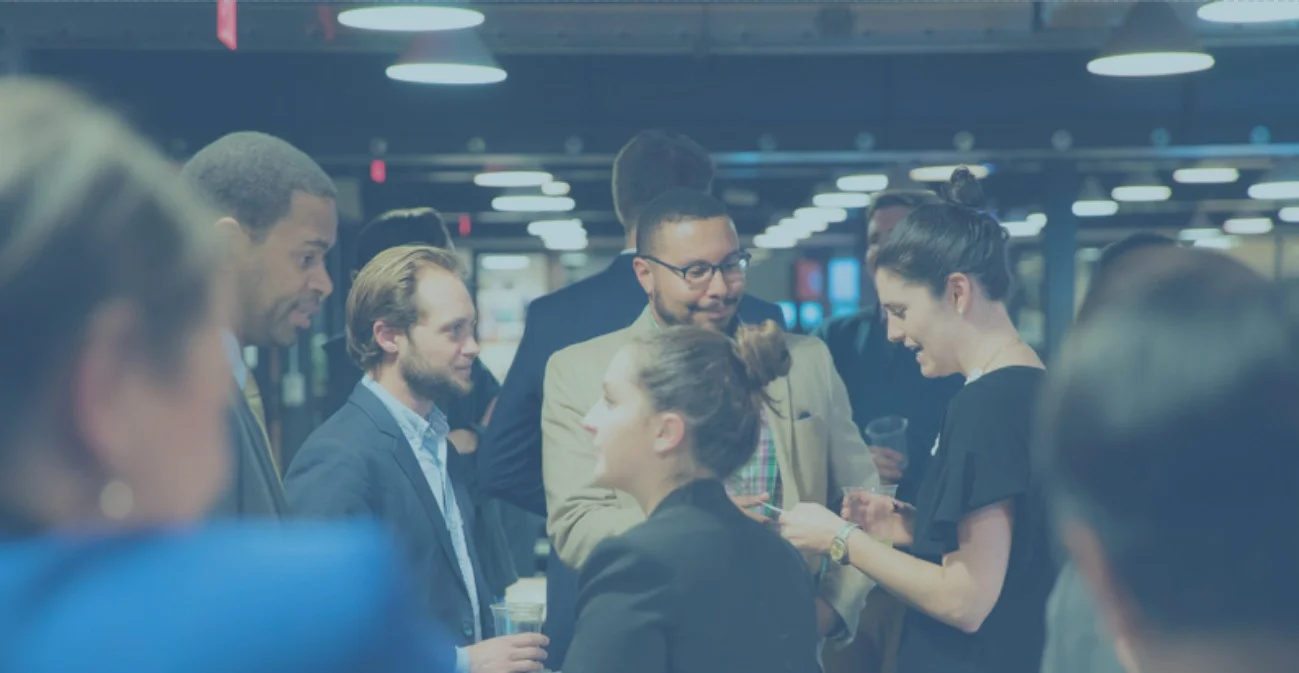TheBridge profile: Shannon Sartin
Name: Shannon Sartin
Current city: Washington, DC
Current job: Executive Director of the U.S. Digital Service at Health and Human Services
Past job: Connecting innovative private companies with government decision makers
Q. Favorite spot for a coffee meeting? Teaism on H Street
Q. Describe one way a skill you learned in a previous job has helped you in your current job. Working at startups and smaller companies, I learned how to not hesitate. If something needs to get done, I don’t ask permission or assume anyone else is going to do it. I just start moving. A lot of inefficiencies in large organizations can be tied back to assuming someone else will do a task or that because it is out of your job scope you shouldn’t do it.
Q. Job advice in three words? Never stop networking
Q. How are you (or your company, org, nonprofit) currently bridging the gap between politics and tech? In my role at the U.S. Digital Service, I sit right in the intersection of politics and technology. Most political ideas come to fruition in technical implementation. If a government entity can’t implement usable services for the people, we start to see an erosion of faith in our democracy.
Q: Best advice you’ve received? Stop apologizing.
Q: What can Silicon Valley (innovators) teach DC (regulators)? The key things DC can learn from Silicon Valley are being flexible, action oriented, and driven to create and track meaningful metrics. Legislative and regulatory processes, coupled with layers of bureaucracy, make it difficult to move quickly when a program or system needs to be changed. In government, our lack of clear metrics makes it hard to understand when and where to adjust. This adds to a culture where we have meetings about meetings instead of making decisions and moving forward.
Q: What can DC (regulators) teach Silicon Valley (innovators)? Conversely, Silicon Valley could learn from DC and remember the voices in the room make the decisions. When frustrated with government, there are so many ways to be involved. From commenting on potential policies to actually working for organizations like the U.S. Digital Service, a single person can make their voice heard and help to shape government in a way that is representative of and meaningful to our modern, diverse America.
Q: If you had to live in another city, which would it be? Tucson, AZ
Q: How often do you work from home? I try to work from home at least a day a week. Getting rid of my morning commute frees up time to spend time recharging, although usually it just turns into extra work time!
Click HERE to sign up for TheBridge's Bi-Weekly Update with more featured profiles.


